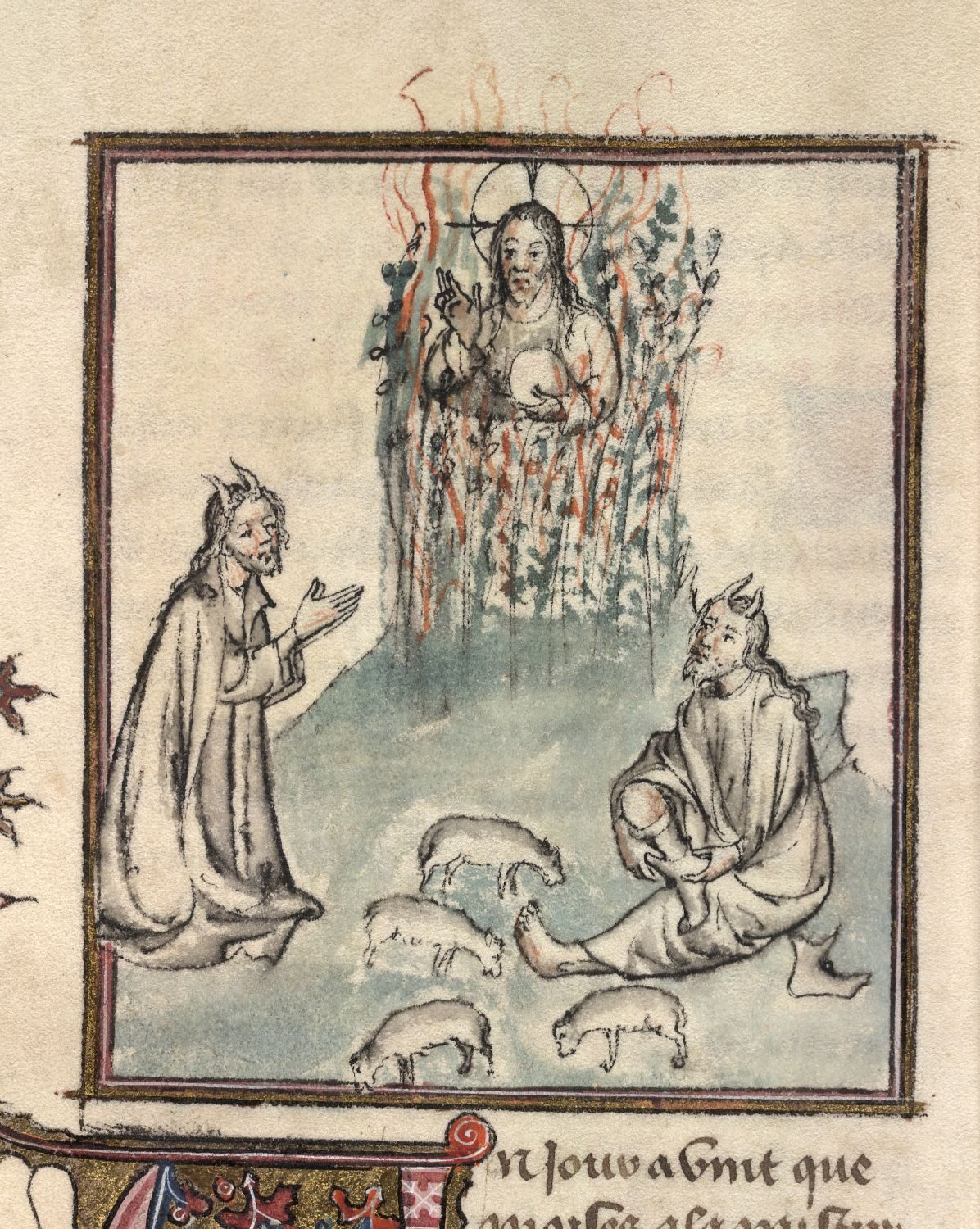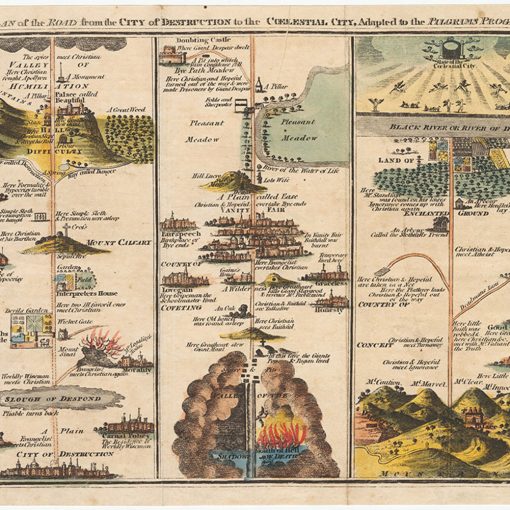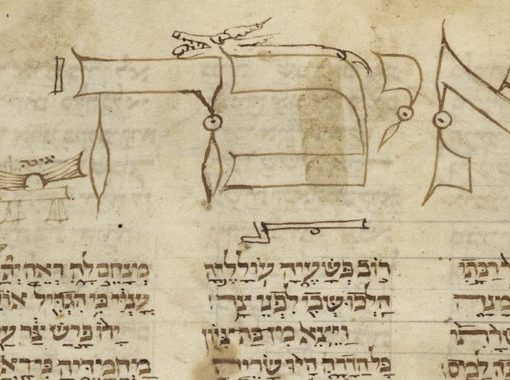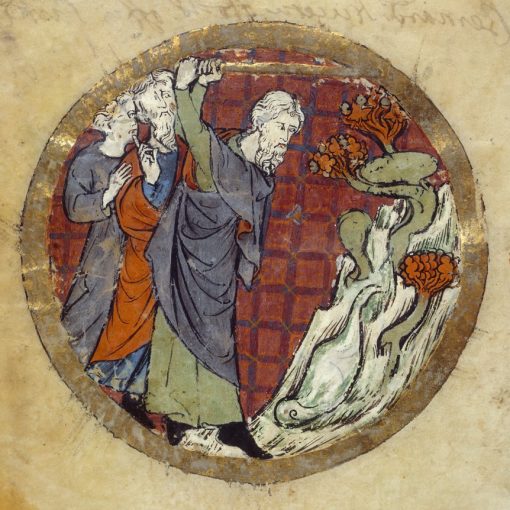This is an entry in the “Acrostic Contemplations.”
See “vocation.”
1Kings 22:5 But Jehoshaphat also said to the king of Israel, “Inquire first for the word of the LORD.” 6 Then the king of Israel gathered the prophets together, about four hundred of them, and said to them, “Shall I go to battle against Ramoth-gilead, or shall I refrain?” They said, “Go up; for the LORD will give it into the hand of the king.” 7 But Jehoshaphat said, “Is there no other prophet of the LORD here of whom we may inquire?”
Discernment is a term that has largely become the domain of the religious; “I am in discernment for ordination.” In that context, we are trying to understand, to perceive to what sort of service in life God is calling us. We will occasionally use the term in its oldest sense, to “judge well” what is required in a situation. So a leader may show great discernment in determining the best course of action in a crisis. Yet the term is so thoroughly associated with the religious connotation, that when I have used it in an academic context people become decidedly uncomfortable.

This is deeply unfortunate since we are all, regularly engaged in discernment and those of us working with students are actively guiding them through their own process of discernment. Whether we acknowledge it or not. Consider the fact that we spend a significant amount of the most formative portion of our lives considering what we are going to do with our lives. When we are in Kindergarten we are asked, “What do you want to be when you grow up?” I wanted to be Marine Boy. In High School we begin to get a bit more realistic, I was going to be a research physician, and we start to consider which college or university may best help us achieve that goal. When we get to college, we declare our major and, if you are like me, realize that initial goal does not line up with my abilities, we change our major once or twice or more.
That is the problem though. We view this process as “goal setting,” as if we truly can “achieve anything you put your mind to” (as my mom occasionally still says, perhaps in hopes I might go back and become a “real doctor”). The fact is, we cannot be all things, even if you are very talented in many fields, and achieving success and contentment requires commitment that only comes with a matching of both desire and ability. Thus we go through a process of discernment to determine what that combination is for us. In the academic setting we call it “advising.”
Far too often, I have sat down with students who, like Jehoshaphat, are determined to go from one advisor to another until they get the answer they want. Fortunately, in the academic setting, we have the objective measure of the transcript. My grades in Calculus made it clear, I would not be majoring in any field that required a firm grounding in Math.
One Sunday morning I noticed a woman I have never seen at our rather small parish and went over to introduce myself. I was not wearing a collar or serving, so she had no reason to know I was a priest, but she immediately began to tell me that she was visiting because she was in discernment for ordination to the priesthood. Two prior parishes and diocese had turned her down, so she was looking for a community that would acknowledge her calling. I never saw her again.
Her attitude is not uncommon and it might make sense in other careers. If you have the ability and aptitude to be an accountant and that is what you want to do, go for it! The process for becoming a priest, however (and for clergy in most religious traditions) requires the thoughtful engagement with the community, meeting with a committee of clergy and laity, spending time in prayer and reading, serving in the community and seeking confirmation, not just from within, but from without that this is what you are called to do and be.
It is this aspect of discernment that we need to affirm and ensure does not get lost, either in the academic or the religious setting. We cannot see ourselves clearly. We are often the worst judge of our own ability, both in over and underestimation. It is in and through community that we may judge well and rightly who and what are we to be.






3 thoughts on “D is for “Discernment””
Very helpful as I face a potential leadership opportunity. Thanks for sharing. DWB